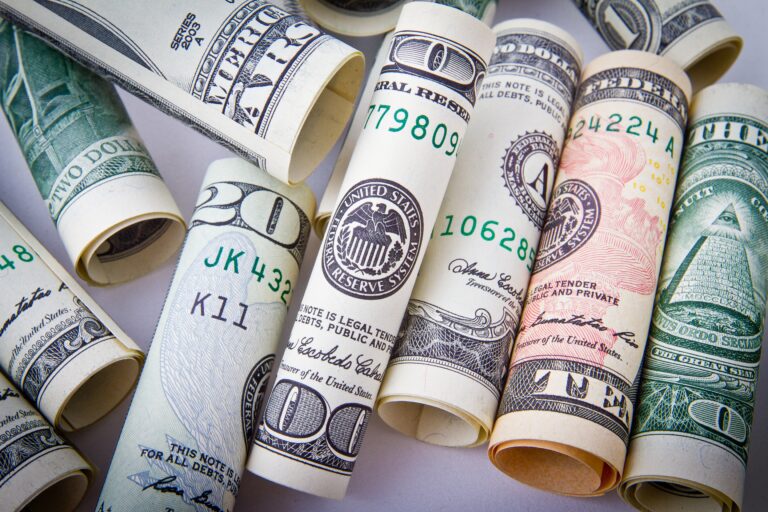
Morning Brief – Gladiators, are you ready?
I’m sure BBC Parliament has never had quite so many viewers as it enjoyed yesterday. Markets were fixated as usual with the political developments of the day in their pursuit to value domestic equity, currency and fixed income assets, but this time the population also turned to the Commons. Johnson, going on Bercow’s first whistle, came out of the blocks charging. In his speech, supposedly on the Supreme Court’s decision on his illegal prorogation of Parliament, he managed to not mention the illegality for some ten minutes. Finally acknowledging the reason for which he was standing at the dispatch box, the Prime Minister confirmed he would respect the court’s decision but maintained that he believed it to be wrong.
Going on Bercow’s second whistle, the challenger Jeremy Corbyn had a more reserved demeanour in accordance with his general persona in the Commons. The attacks levied only two sword lengths away from each other were designed to taunt Corbyn into challenging Johnson to a leadership election. Jeering the leader of the opposition that this process was exactly what he himself had called for during his party conference in Brighton that very week, the Conservative Party rapturously applauded.
The Labour Party has said it does not want an election until a no-deal exit has been taken off the table and the legal deadline of 31st October taken off the table by forcing Johnson to either achieve a deal or negotiate an extension at October’s European Summit commencing three weeks today. It would be fascinating to see just how much Parliament’s opposition to an election until a no-deal exit is legally precluded is preserving any value behind the Pound. So, is Corbyn really our secret red-caped Sterlingman?! Well, maybe to an extent in this most minute of self-preservatory corners but, like Gotham, perhaps he’s not the hero Sterling needs right now!
The all-guns-blazing approach taken by Johnson yesterday hours after the resumption of Parliamentary proceedings did little for Sterling’s fortune. A lack of humility in the face of the Supreme Court decision, a sustained push towards an exit on the 31st October and general bullish attitude demonstrated to markets that perhaps more political manoeuvring was on the cards and that they should therefore expect some serious twists and turns in the Brexit process. The Pound fell by 1% against the US Dollar yesterday and up to 0.67% against an ailing Euro as parliament sat.
Impeachment proceedings against the President of the United States did not unsettle the US Dollar yesterday. Initially, markets started off in defensive mode following the announcement of proceedings by Speaker of the House of Representatives, Nancy Pelosi. However, as a general risk aversion gripped markets by a combination of this event, oil sanctions and Brexit, investors drove defensive bids towards the United States and the Dollar appreciated mildly. When Trump announced that a trade deal with China could come sooner than people expected, the Dollar really gathered steam, rising by 0.56% against the Euro and simultaneously passed through important resistance levels. Today continues to be Dollar up, Euro down, Pound down affording the best value for the Pound versus the Dollar, the Pound in exchange for the Euro and the Euro when purchased against the Dollar that we have seen so far this week.
Discussion and Analysis by Charles Porter

Click Here to Subscribe to the SGM-FX Newsletter
Related Insights

Daily Brief – Georgia
Georgia Having applied to join the EU in March 2022 and been granted accession in December 2023, Georgia seemed to have been on course to join the EU. However, a few months later the EU and Georgia terminated the process. With the Georgia Dream party in power, and all the leaders of the pro West […]

Daily Brief – Strong USD
Strong USD Those punitive tariff threats – Copper 50%, Brazil 50% and Pharmaceuticals 200% had a marked effect on USD. Bizarrely, while POTUS has been conducting his self-harming measures on the USA and the USD, he sees no contradiction in maintaining that he sees USD remaining the primary world reserve currency. A total of 22 […]

Daily Brief – Australia
Australia Falling inflation, sluggish economic growth, a strong currency, lower living standards and low productivity would normally easily add up to an interest rate cut by the central bank: not in Australia where it was widely expected that yesterday would indeed see a rate cut. That is because the Reserve Bank of Australia is worried […]



 Humphrey Percy
Humphrey Percy